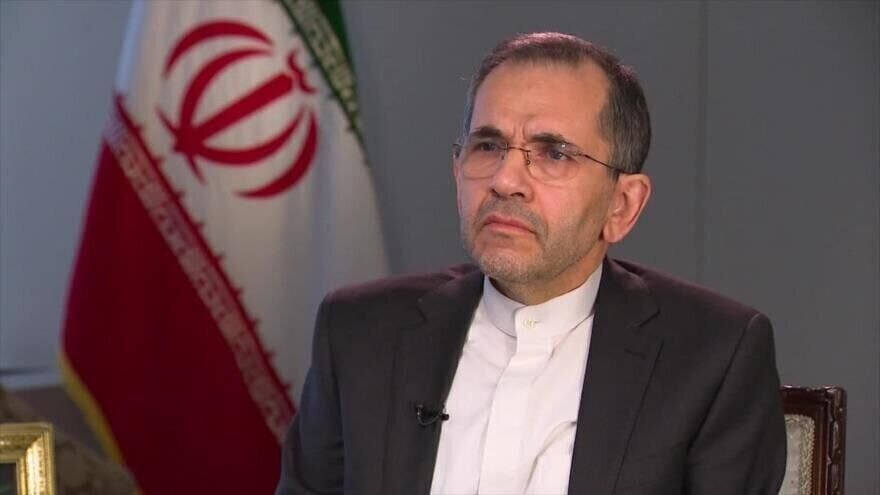Iran says it reserves right to peaceful uranium enrichment

TEHRAN – Iran’s Deputy Foreign Minister has ruled out any possibility of halting uranium enrichment, insisting the country will continue to develop its nuclear program within the framework of international law and for peaceful purposes.
In an interview with the BBC Majid Takht-Ravanchi said Iran will not abandon its right to enrich uranium inside its own territory. “We insist on enriching uranium on Iranian soil for peaceful purposes,” he said. “The level and capacity are negotiable, but to say ‘you must have zero enrichment, and if you refuse, we will bomb you’—that is nothing but the law of the jungle.”
Takht-Ravanchi added that if Washington wants to resume diplomacy, it must first rule out any further military action against Iran. “We are currently trying to understand whether another act of aggression will occur while dialogue is underway. That is the fundamental question,” he said, calling for transparency from the U.S. on this point and any prospective diplomatic offer.
He also dismissed speculation that Iran would be willing to reconsider its nuclear program in exchange for economic incentives. “Why should we accept such a proposal?” he asked, reaffirming that even enrichment up to 60 percent remains entirely for peaceful objectives.
He noted that regional states, including Arab allies in the Persian Gulf, are “doing all they can to facilitate conditions for dialogue,” but warned that Iran would remain alert. “We do not want war. We support diplomacy. But we must be prepared not to be caught off guard again.”
Uranium enrichment is Iran’s lawful right: UN envoy to CBS
In New York, Iran’s Ambassador to the United Nations, Amir Saeid Iravani, echoed similar remarks in an interview with CBS, asserting that uranium enrichment will “never stop under any circumstances.”
He emphasized that there have been no threats from Iran against IAEA Director General Rafael Grossi or any of the agency’s inspectors. “IAEA inspectors currently do not have access to our facilities,” Iravani said. “We are ready for negotiations, but the environment is not conducive for talks with the United States.”
He reiterated Iran’s full legal right under the Non-Proliferation Treaty (NPT) to continue its nuclear activities. “As a responsible NPT signatory, Iran is entitled to enrich uranium, conduct nuclear research, and benefit from technical cooperation under IAEA supervision,” he said. “These are inseparable from the peaceful nature of our nuclear program.”
Iravani called recent accusations—such as U.S. Senator Marco Rubio’s claim that Iran had threatened Grossi—unfounded. “We have issued no threats,” he said, noting that Iran’s parliament passed a law suspending cooperation with the IAEA due to its “failure to fulfill its responsibilities.” He stressed that the suspension will remain in place until those conditions change.
When asked about a controversial article in an Iranian outlet criticizing Grossi, Iravani clarified: “That was an individual opinion and a form of criticism. We too have legitimate grievances with the IAEA, which failed in its duty and allowed crimes to be committed against Iran.”
He further noted that IAEA inspectors remain safe in Iran, but their access has been halted. “There is no danger to them, but our cooperation is currently suspended, and they will not have access to any of Iran’s nuclear facilities.”
Responding to recent remarks by former U.S. President Donald Trump suggesting direct talks with Iran might resume soon, Iravani said such discussions were already underway but have since been derailed. “We were negotiating. Dialogue is the only way to resolve issues between Iran and the JCPOA parties. Iran has always supported peaceful solutions,” he said.
However, in light of recent military attacks against Iranian targets, Iravani said conditions were no longer favorable. “There has been no request for renewed talks, nor for a meeting with the U.S. President,” he said.
“If the U.S. is serious about talks, they know Iran is ready,” Iravani added. “But if they continue trying to impose preconditions, then negotiations are simply not possible.”
Leave a Comment